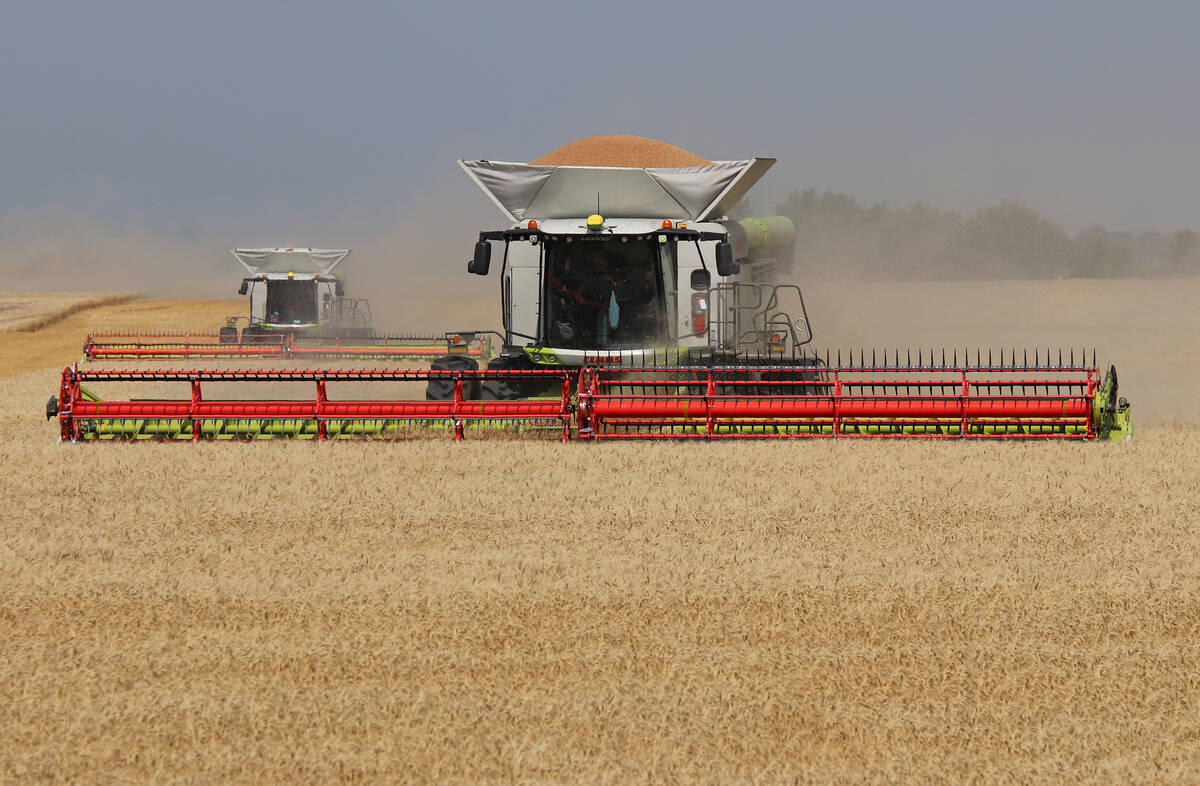Genetically modified canola should be moving to Europe early in 2009, says the president of the Canola Council of Canada.
“I do see some light at the end of the tunnel and I hope it just keeps coming towards us,” said JoAnne Buth.
Europe has approved five of the six GM canola gene altering events approved in Canada and the sixth is in the final stage of the approval process.
The hold-up has been a long obsolete Liberty Link event called T45. Europe has insisted on full approval of the event despite the fact it is no longer commercially available.
Read Also

China’s grain imports have slumped big-time
China purchased just over 20 million tonnes of wheat, corn, barley and sorghum last year, that is well below the 60 million tonnes purchased in 2021-22.
After years of bureaucratic delays, the T45 application is finally scheduled to go in front of the European Council for a vote the third week of January.
“Based on previous votes at the council, we think that it should go through with no problems,” said Buth.
If the application garners the anticipated qualified majority, it would head back to the European Commission where it is expected to receive final approval by the end of February.
“We’re looking at some time in March having access for canola seed going to Europe,” said Buth.
Canada’s canola industry has thought before that Europe’s decade-long ban was nearing an end. But this time it feels credible.
“We’re cautiously optimistic but much more optimistic than we’ve ever been,” said Buth.
Brian Chorney, president of the Canadian Canola Growers Association, said farmers could use another market to mop up the three million tonnes of carryout Agriculture Canada is forecasting for 2008-09.
“That carryout could be hanging over us from a pricing perspective,” he said.
The canola council has established a goal of exporting one million tonnes of canola seed to Europe by 2015. That volume won’t happen overnight but exporters will have six years to reach that goal if the T45 approval happens early in 2009.
“I think it’s a realistic goal, when you consider the size of the market, that we would be able to export one million tonnes into it,” said Chorney.
Buth has no idea how fast the industry will reach one million tonnes but exporters will start chipping away at the target as soon as the approvals are in place.
“Cargill, ADM, Bunge, those are the big crushers in Europe and they could very well be looking for seed from their Canadian export counterparts,” she said.
Canadian product will be competing with large rapeseed supplies in Europe, Ukraine and Poland. World canola and rapeseed production reached a record 56.1 million tonnes in 2008-09, 16 percent more than the previous year, according to the United States Department of Agriculture.
Buth said sales to Europe will likely be canola seed and biodiesel. Some oil had been working its way into Europe through Dubai but that business has shifted to exports of biodiesel from Archer Daniels Midland’s new canola biodiesel plant in Velva, North Dakota.
Some of the imported seed will be crushed to make oil for the food market but sales will be limited due to Europe’s GM labelling laws. The majority of imported Canadian canola seed is expected to be used to make biodiesel.
European biodiesel production has slowed because of waning government subsidies and intense competition from U.S. product. Production in 2007 was 5.7 million tonnes. That represents a 17 percent annual growth rate compared to 54 percent in 2006 and 65 percent in 2005.
Production numbers for 2008 have not been published but Buth said there has been a “cooling off” in the industry partly because of overcapacity.
Europe’s 214 biodiesel plants are capable of producing 16 million tonnes of product.
On a positive note, the European parliament has adopted a renewable energy directive that proposes a 10 percent mandate for renewable energy in transportation fuel by 2020, replacing a voluntary 5.75 percent target by 2010.















